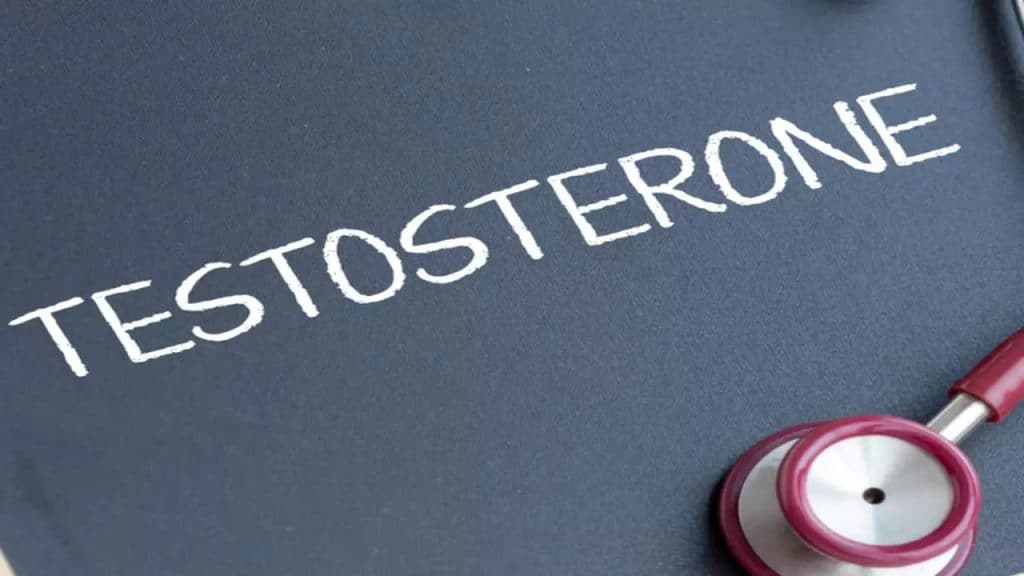We all know that cholesterol is dependent on what we eat, with a bit of how we exercise and maybe some genetics thrown in. Doctors are normally pretty clear when they’re telling us our cholesterol is too high and the steps we need to take to lower it, and therefore protect our heart health. So, what exactly does the hormone testosterone, most famous for its role in building muscle, have to do with it?
Scientists have noticed that people who undergo testosterone therapy – taking testosterone supplements to make up for unhealthily low testosterone levels – may also see a change in their cholesterol levels at the same time. Specifically, those levels may drop. That’s not just LDL, or “bad” cholesterol, but also HDL, which is generally considered “good” cholesterol and vital for health. A similar pattern can be seen when testosterone levels increase during puberty.
This isn’t actually as surprising as it sounds. Cholesterol is what’s known as a precursor to testosterone, along with other hormones like estrogen and cortisol. That means it’s part of what allows those hormones to be synthesized. In fact, it’s a form of modified steroid itself. With this close relationship between testosterone and cholesterol, it’s no wonder that an imbalance in one can lead to an imbalance in the other, even if your brain and glands try to keep both under control.
The relationship between cholesterol and testosterone is one of those areas where the evidence is suggestive but not conclusive. Not every study agrees, and while we have enough to theorize that the two are connected, we can’t explicitly qualify how the relationship works or what we can do to fix it if it goes wrong.
To recap, if your cholesterol is too low, you’re not going to be able to produce enough testosterone. However, if your testosterone increases, whether naturally through puberty or because you’re on testosterone therapy, you risk your cholesterol levels (including your good cholesterol) dropping. That’s a tricky situation to navigate, especially when there are a lot of other factors, such as age and genetics, that can affect your levels of both.
Obviously, you have other concerns when it comes to your cholesterol (like avoiding strokes and heart attacks) and your testosterone (like trying to stay strong and energetic), so trying to balance both of them is an important yet challenging task.




